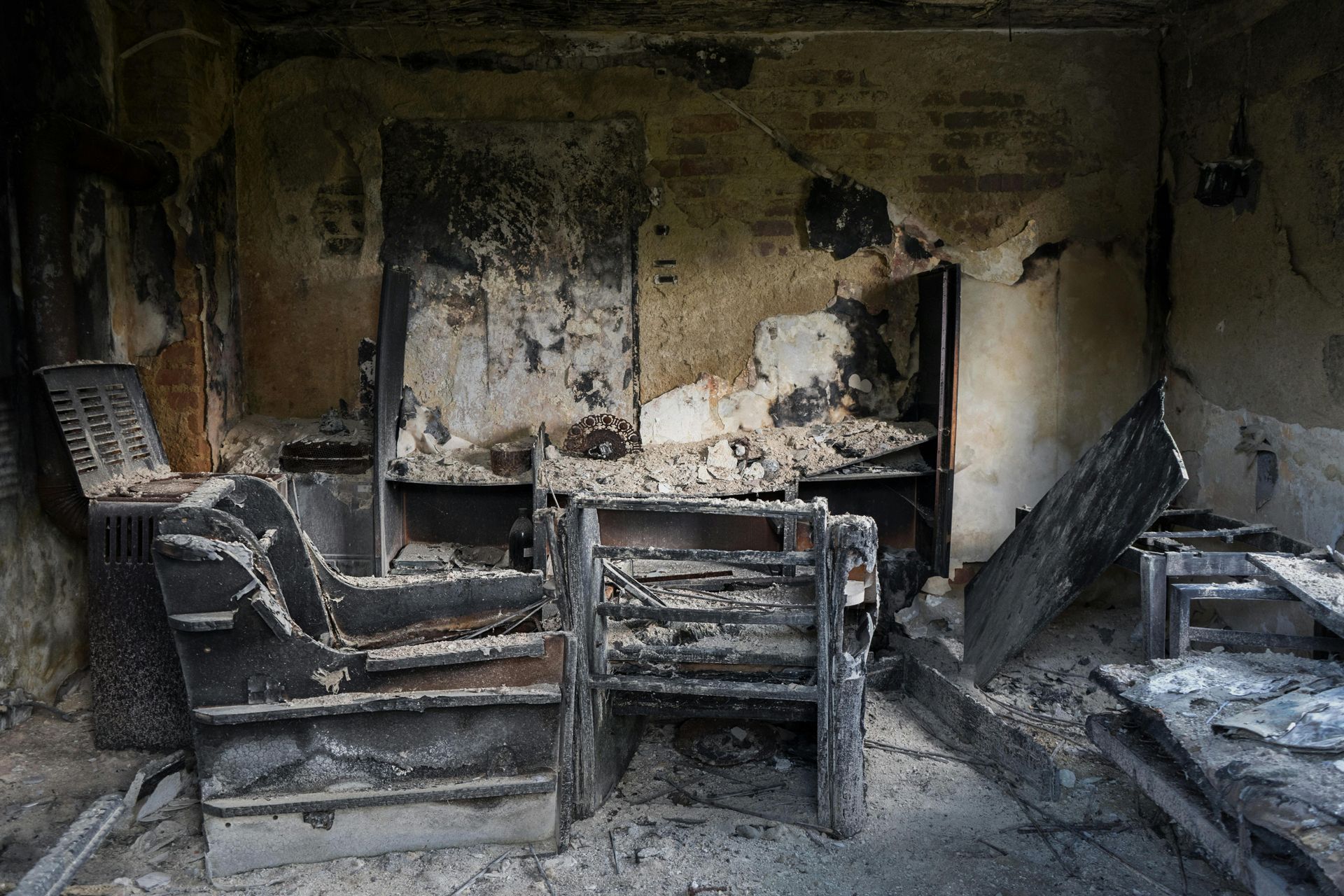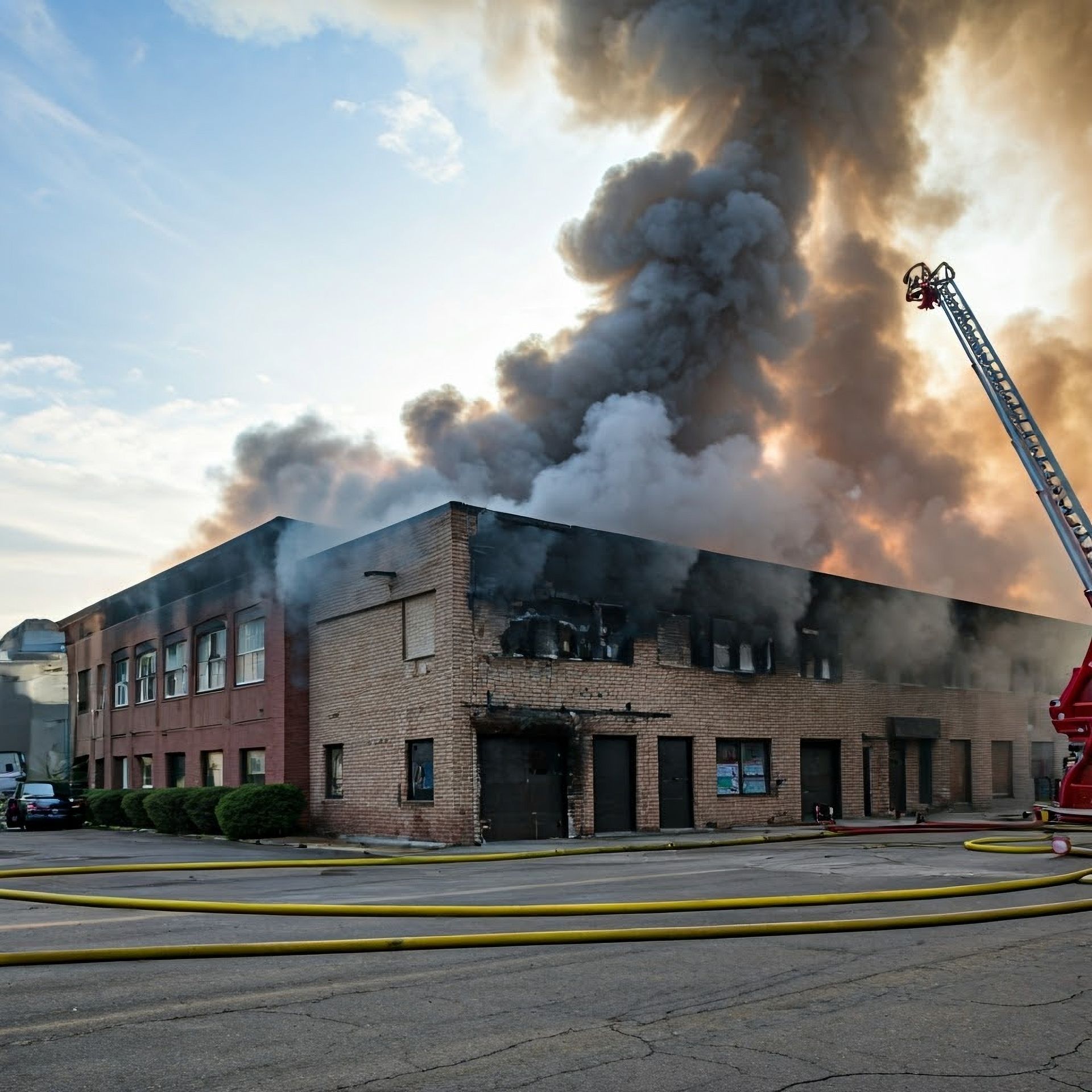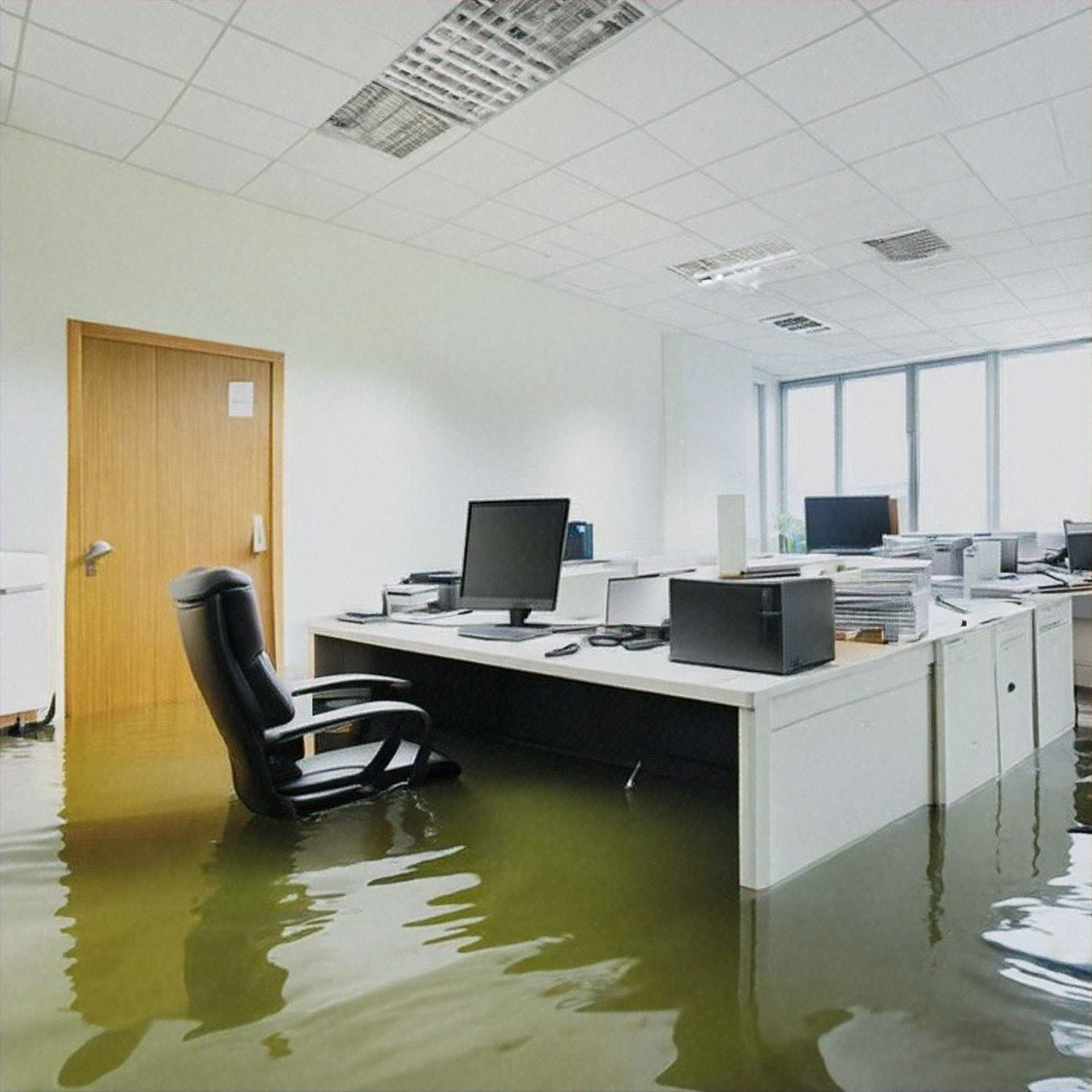Creating a Spring/Summer Emergency Plan for Evansville, IN, and Surrounding Areas
Creating a Spring/Summer Emergency Plan for Evansville, IN, and Surrounding Areas
As the weather warms up in Evansville, IN, and the surrounding areas, it’s important to prepare for potential spring and summer emergencies. From severe storms to flooding, having a well-thought-out emergency plan can help you stay safe and protect your home. Here’s how you can create an effective spring/summer emergency plan that is specifically tailored to the unique challenges and risks faced by residents of Evansville.
Understand Local Spring/Summer Risks
Severe Storms
Spring and summer often bring thunderstorms, heavy rain, and the potential for tornadoes to Evansville. The region’s geography can sometimes make storms more intense, so it’s crucial to stay informed and prepared. Regularly check local weather forecasts and keep an eye on severe weather alerts specific to the Evansville area.
Flooding
The Ohio River, which borders Evansville, can rise during heavy rains, leading to significant flooding. Flooding is a common concern for residents, especially those living near the river or in low-lying areas. Understand the flood zones in Evansville and have a plan to move to higher ground if necessary. Consider signing up for local flood alerts and investing in flood insurance if you live in a high-risk area.
Heat Waves
Summers in Evansville can bring extreme heat, which poses a danger to the elderly, young children, and pets. The combination of high humidity and temperatures can make heat waves particularly challenging. Plan for ways to stay cool and hydrated, such as having access to air conditioning and knowing the locations of local cooling centers. Keep an eye on heat advisories and take precautions during peak heat hours.
Create a Communication Plan
Emergency Contacts
List important phone numbers, including family members, neighbors, local emergency services, and Restoration 1 of Evansville (812-909-6424). In the event of an emergency, having these contacts readily available can save precious time.
Meeting Places
Identify safe locations where your family can meet if you are separated, both within and outside your neighborhood. Choose easily recognizable spots that are accessible even during severe weather conditions.
Out-of-Area Contact
Choose a relative or friend who lives out of the area to serve as a point of contact for your family. This person can help coordinate information if local communication networks are down.
Assemble an Emergency Kit
Essentials
Include water, non-perishable food, a manual can opener, flashlight, batteries, first aid kit, medications, and a battery-powered radio. Given Evansville’s susceptibility to power outages during storms, having a well-stocked emergency kit is essential.
Warm Weather Gear
Add items like sunscreen, hats, sunglasses, and insect repellent to your kit. These items can help protect your family during outdoor activities or if you need to evacuate.
Important Documents
Store copies of identification, insurance policies, medical records, and other essential documents in a waterproof container. Flooding and severe storms can damage important paperwork, so keeping these documents safe is crucial.
Personal Items
Pack clothing, hygiene products, and any necessary items for infants, elderly family members, and pets. Tailor your emergency kit to the specific needs of your household members.
Plan for Evacuation
Routes and Destinations
Familiarize yourself with local evacuation routes and identify multiple destinations where you can stay. Check local resources such as the Evansville city website for evacuation plans and routes.
Transportation
Ensure your vehicle is in good condition and keep the gas tank at least half full. If you do not have a car, arrange alternative transportation with friends, family, or local services. During an evacuation, public transportation options may be limited, so plan ahead.
Stay Informed
Local Alerts
Sign up for local emergency alerts and notifications from the City of Evansville and Vanderburgh County. These alerts can provide timely information on severe weather, flooding, and other emergencies.
Weather Updates
Monitor weather conditions through reliable sources like NOAA Weather Radio, local news, and weather apps. Staying updated on changing weather conditions can help you make informed decisions during an emergency.
Prepare Your Home
Storm-Proofing
Secure outdoor furniture and decorations, trim trees, and ensure your roof is in good condition. These steps can help minimize damage during severe storms.
Flood-Proofing
Install sump pumps, check and clean gutters, and ensure drainage systems are working properly. Taking proactive measures can help protect your home from flooding.
Cooling Measures
Ensure your air conditioning system is working, and have fans and other cooling measures ready for heat waves. Staying cool during extreme heat is crucial for your family’s health and safety.
Practice Your Plan
Regular Drills
Conduct regular family emergency drills to ensure everyone knows what to do in different scenarios. Practice makes perfect, and drills can help your family feel more confident and prepared.
Review and Update
Periodically review and update your emergency plan and supplies to account for changes in your family’s needs and new potential risks. As your family grows or changes, so should your emergency plan.
Conclusion
Being prepared with a comprehensive spring/summer emergency plan can provide peace of mind and ensure your family’s safety during unexpected events. By understanding local risks, creating a communication plan, assembling an emergency kit, planning for evacuation, staying informed, preparing your home, and practicing your plan, you can be ready for anything that comes your way.
Call to Action
For professional assistance with water, fire, or mold damage restoration in Evansville and surrounding areas, contact Restoration 1 of Evansville at 812-909-6424. Our experienced team is here to help you recover and restore your home quickly and efficiently.

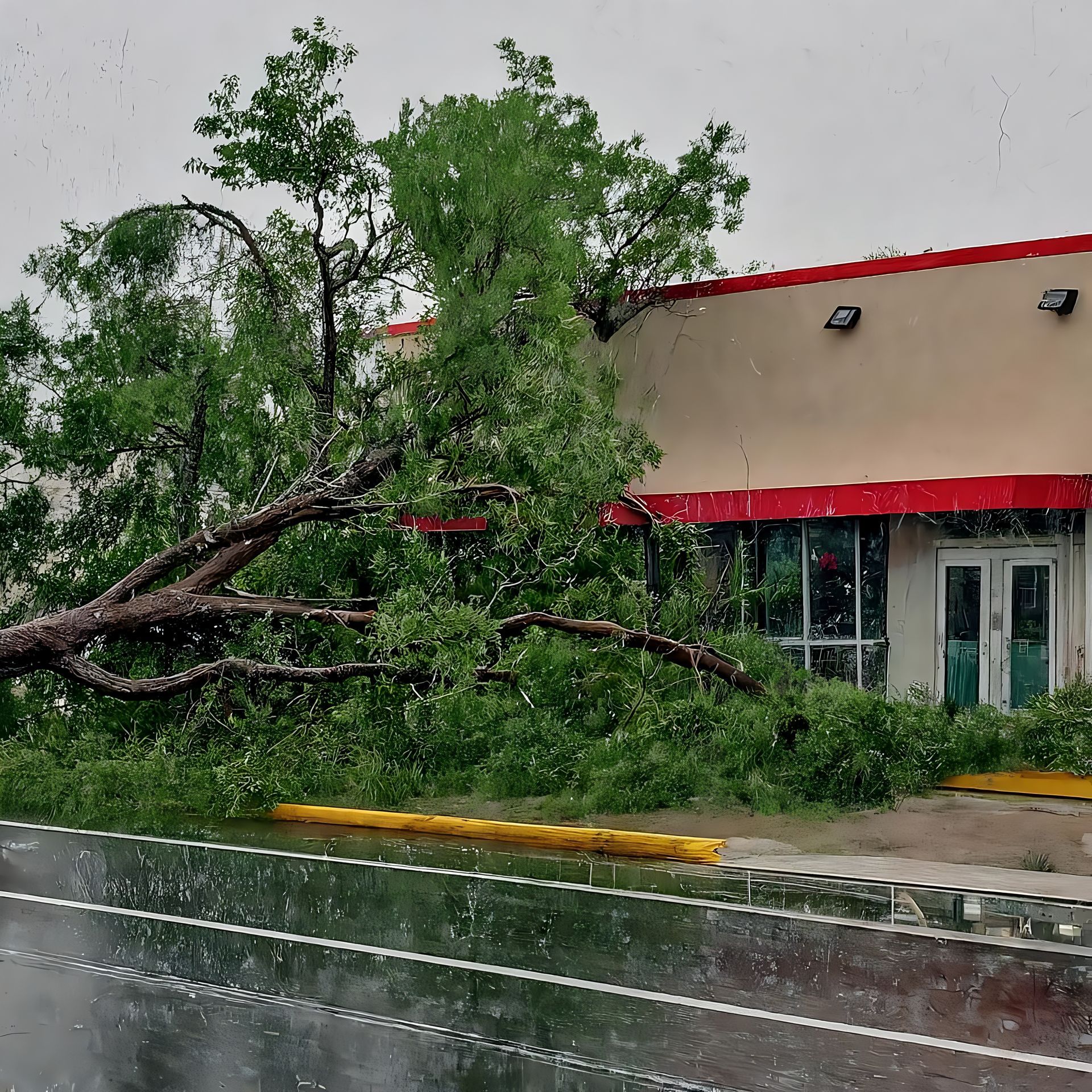
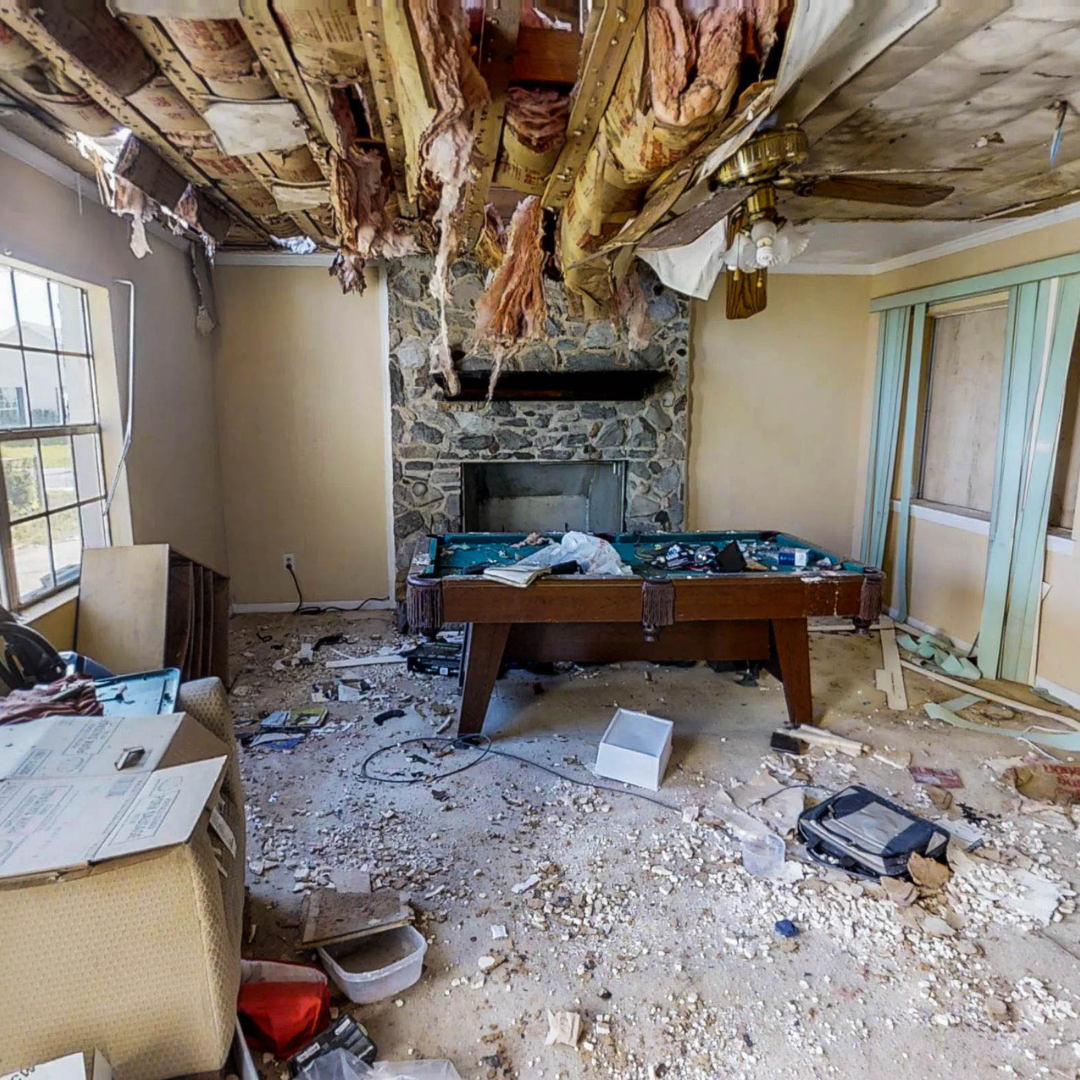
The Essential Guide to Professional Storm Damage Restoration: Why You Need Experts for Fast Recovery

Commercial Storm Damage Recovery in Evansville: Protecting Your Business When Severe Weather Strikes

Proudly Serving the following areas
- Evansville, IN
- Henderson, KY
- Jasper, IN
- Vincennes, IN
- Owensboro, KY
Contact Us
24/7
Emergency Services


